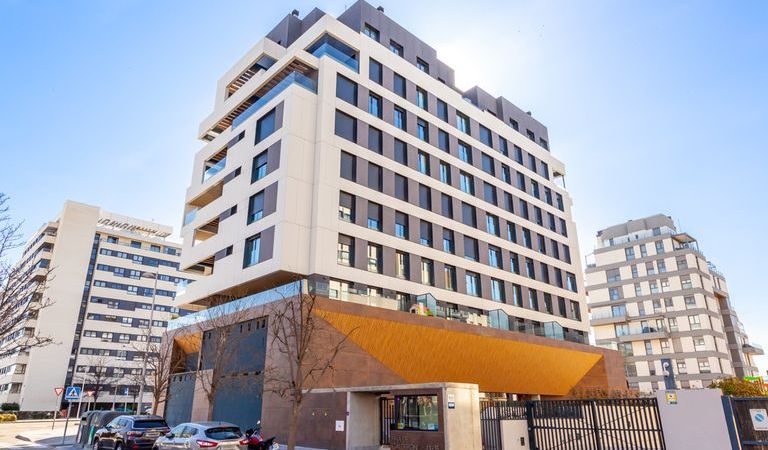In general terms, it is one of the least well-known taxes for the vast majority of homeowners, and yet it is the one that is being most talked about in recent months in conjunction with the new national housing plan: find out what the so-called ‘Municipal Capital Gains Tax’ is and under what circumstances it can be charged. How much is payable for capital gains when a property is conveyed or when ownership changes hands as a result of an inheritance? Keep reading!
The basis of the Municipal Capital Gains Tax is the appreciation of property
This tax, which is regulated by Royal Legislative Decree 2/2004 of 5 March (approving the revised text of the Local Property Regulation Law), and which is collected by the local council of each town, is based on the appreciation of residential property ever since it has been owned and up until ownership is transferred. In fact, its full name perfectly describes what it does: the Increase in Value of Developed Land.
In principle it is the vendor that is liable for payment of this tax, although it is true that the law does allow for it to be paid by the purchaser instead, if this is established in the conveyance and agreed by both parties.
How Municipal Capital Gains Tax is calculated
The Constitutional Court has recently overturned those cases in which the property was sold for a value that was the same or less than that for which it was acquired, and a 100% rebate for the Tax may be claimed where the charge has been processed. Meanwhile, doubts have also been raised as to the erroneous manner in which for years the amount payable has been calculated, where payments have mistakenly been up to 35% above what was due (the Tax is supposed to be charged on appreciation ‘going back’ and not ‘going forward’.
Can I claim?
All capital gains can be claimed provided that the liability is not statute-barred: the limitation period is four years for payments made voluntarily, and one month for those made by way of a judicial ruling.
With regard to the amount payable, this will depend on whether the sale was for a loss, in which case persons affected can claw back 100% of what was paid, or if the Sale was for a profit, and we refer to the estimated 35% margin of error due to the erroneous determination of the tax base for the Tax.
There is no doubt that it is one of the most current topics in the real-estate sector and we will continue to monitor it. Have you been affected by recent changes in this regard?

















